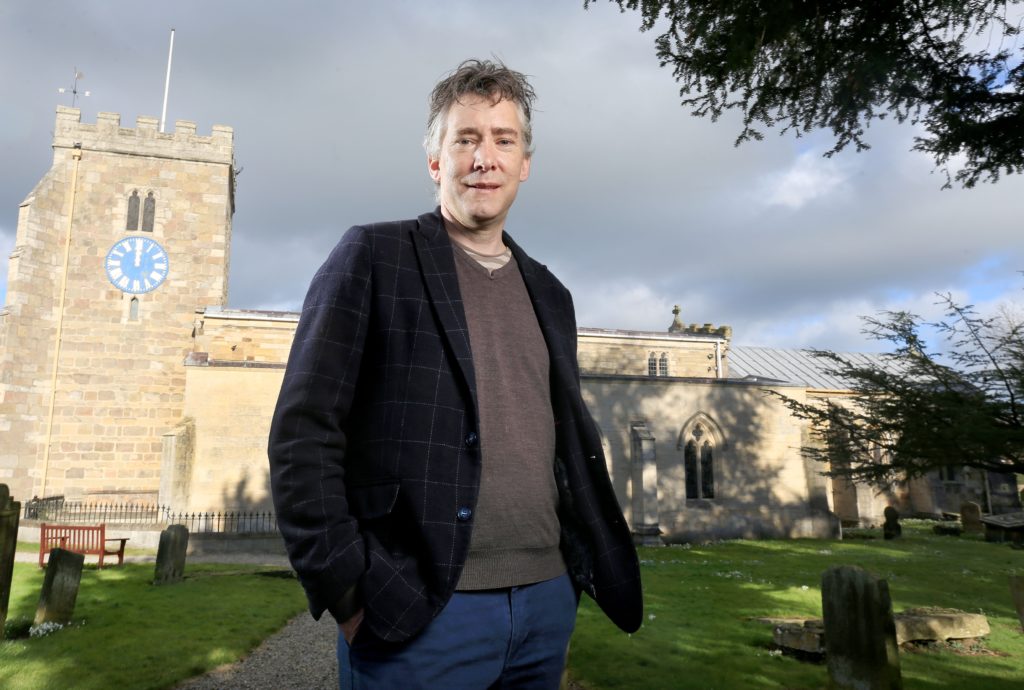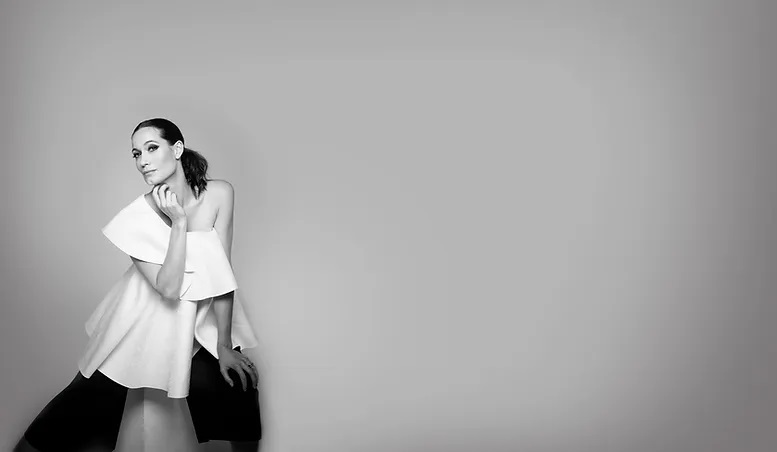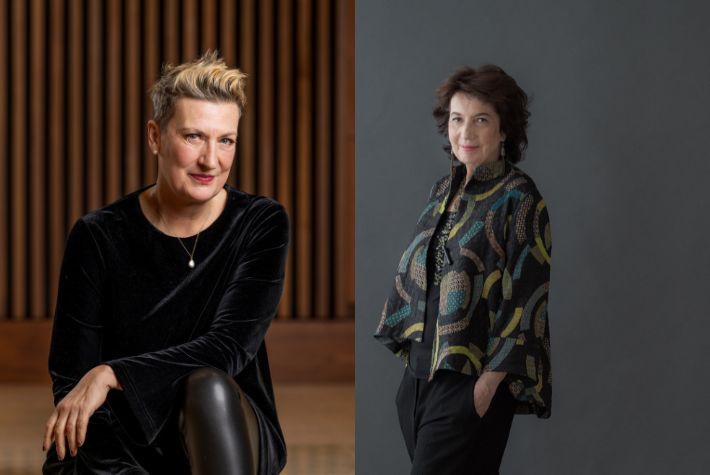
Dame Sarah Connolly and Dame Imogen Cooper: Playing the Olav Arnold Memorial Concert at St Andrew’s Church on June 19
THE 31st edition of the Northern Aldborough Festival, in the North Yorkshire village of Aldborough, near Boroughbridge, opens with this evening’s 6.30pm concert by Fantasia Orchestra, conducted by Tom Fetherstonhaugh, at St Andrew’s Church, fresh from their Proms debut.
Violinist Tamsin Waley-Cohen will be the soloist for Vaughan Williams’s The Lark Ascending and other works include Elgar’s Serenade for Strings and Dvorak’s Nocturne and Serenade for Strings.
2025 sees the festival celebrate the artistry and power of the human voice, centred on the annual nationwide hunt for the UK’s best classical singing talent in the New Voices Singing Competition, now in its third year, with a star-studded judging panel of Sir Thomas Allen, Dame Jane Glover, Sholto Kynoch, festival director Robert Ogden and Sir Andrew Lawson-Tancred.
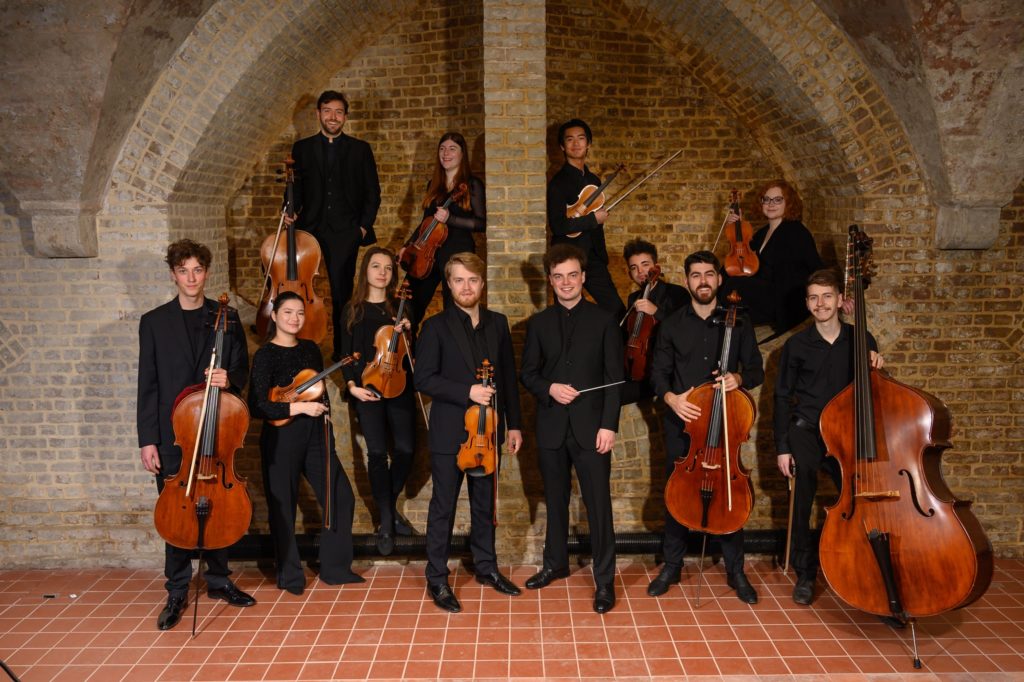
Fantasia Orchestra with conductor Tom Fetherstonhaugh: Opening the festival this evening at St Andrew’s Church
Semi-finals take place at St Andrew’s Church at 4pm and 6pm on Sunday, followed by the Monday’s final on Monday at 7pm in the 14th century church with a prize fund of £7,000.
Further highlights include jazz vocalist Jacqui Dankworth & Her Trio, at The Old Hall, North Deighton, tomorrow, 7.30pm; opera company Wild Arts, in a semi-staged performance of Donizetti’s The Elixir Of Love, conducted by Orlando Jopling, at St Andrew’s Church, on Sunday, 7pm, and two musical Dames, mezzo soprano Dame Sarah Connolly with Dame Imogen Cooper on piano, at St Andrew’s Church on June 19, 7.30pm.
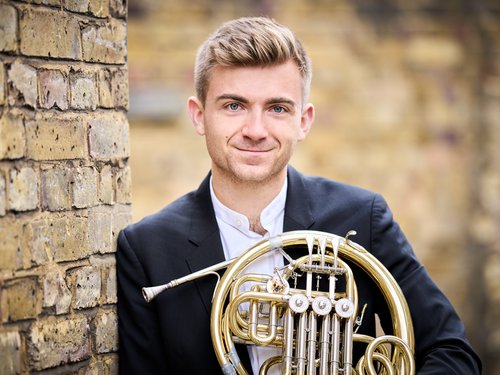
French horn player Ben Goldscheider: Playing with The Heath Quartet at St Andrew’s Church on June 17
In the programme too will be the Thanda Gumede Trio, (vocals, piano and bass), at The Old Hall, North Deighton, tomorrow, 11am; French horn player Ben Goldscheider, playing with The Heath Quartet, St Andrew’s Church, June 17, 7.30pm; An Evening With Matthew Parris, the journalist and former MP, St Andrew’s Church, June 18, 7.30pm, and Armonico Consort, playing Rachmaninov’s The Vespers, directed by Christopher Monks, St Andrew’s Church, June 20, 7.30pm.
Mezzo-soprano Judith le Breuilly will be accompanied by pianist George Ireland at St Andrew’s Church on June 16 at 11am; the Young Artists Showcase will be held there on June 18 at 11am, and The Asteria Trio (flute, harp and viola) will be led by Harrogate-born harpist Megan Humphries at Farnley Hall, near Otley, on June 19 at 11am.
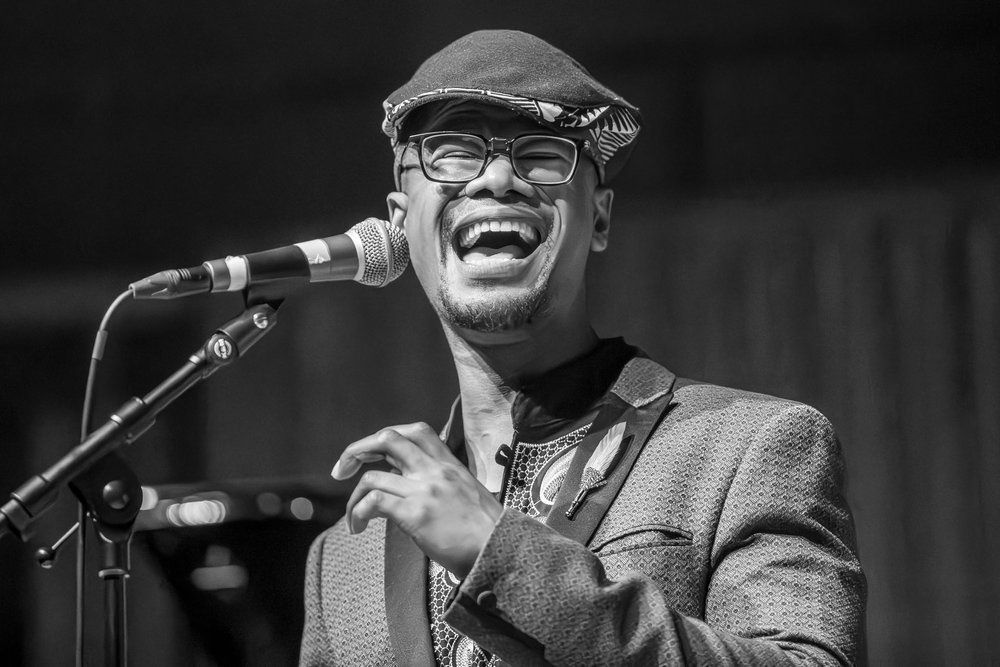
Vocalist Thanda Gumede: Leading his trio at The Old Hall, North Deighton, tomorrow morning
Aldborough’s late-night venue, The Shed, returns for concertgoers who want to continue festivities after the evening concerts in a relaxed environment, with a variety of live entertainment and refreshments.
The Last Night Outdoor Concert, in the grounds of Aldborough Manor, features The Killerz Tribute, performing the hits of The Killers, supported by singer-songwriter Pearl Natasha, on June 21 when gates open at 6pm.
Running from today to June 21, the full programme, performance times and booking details can be found at aldboroughfestival.co.uk. Box office enquiries can be made to festival@aldborough.com . Tickets are on sale at 01423 900979 too.
